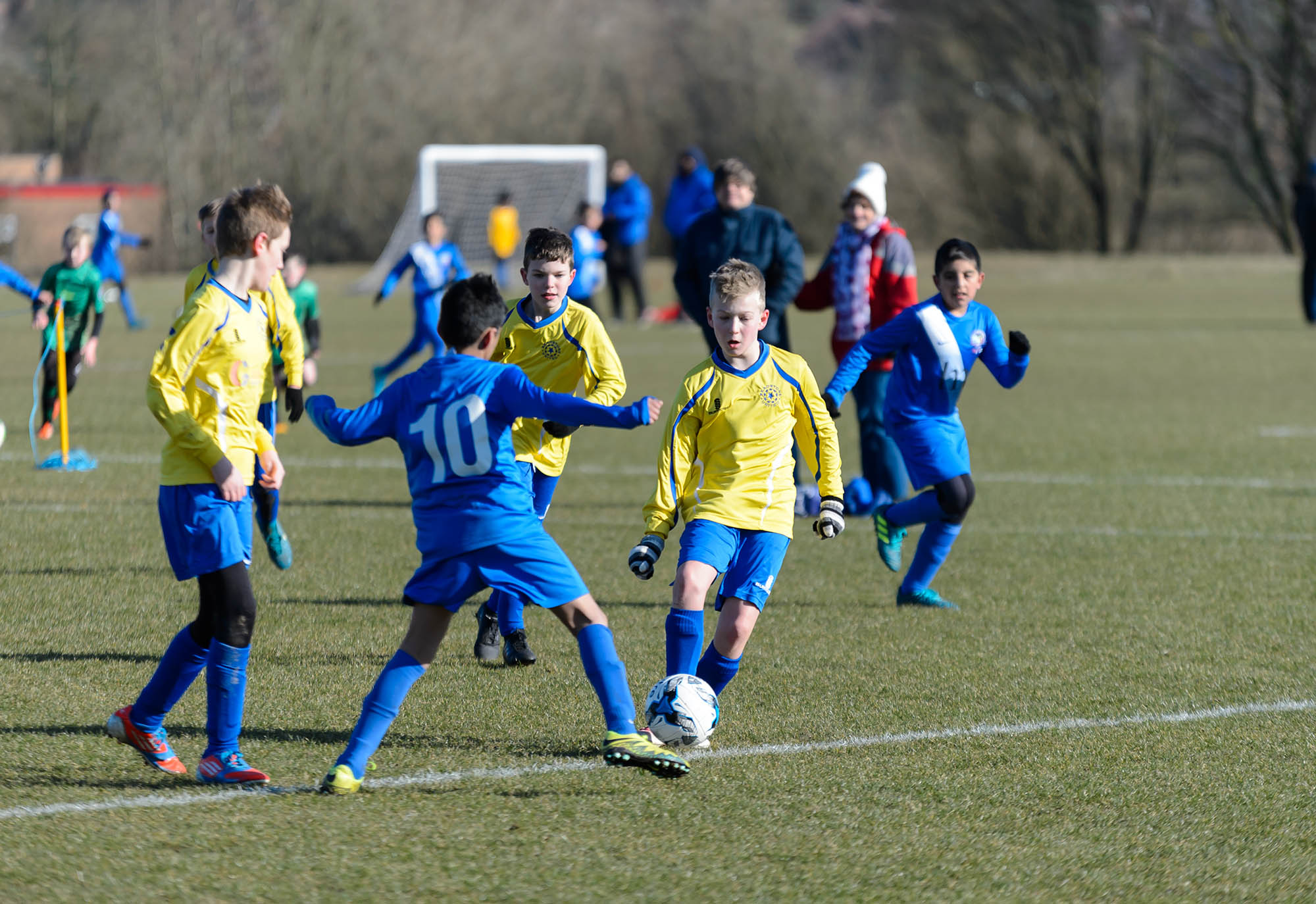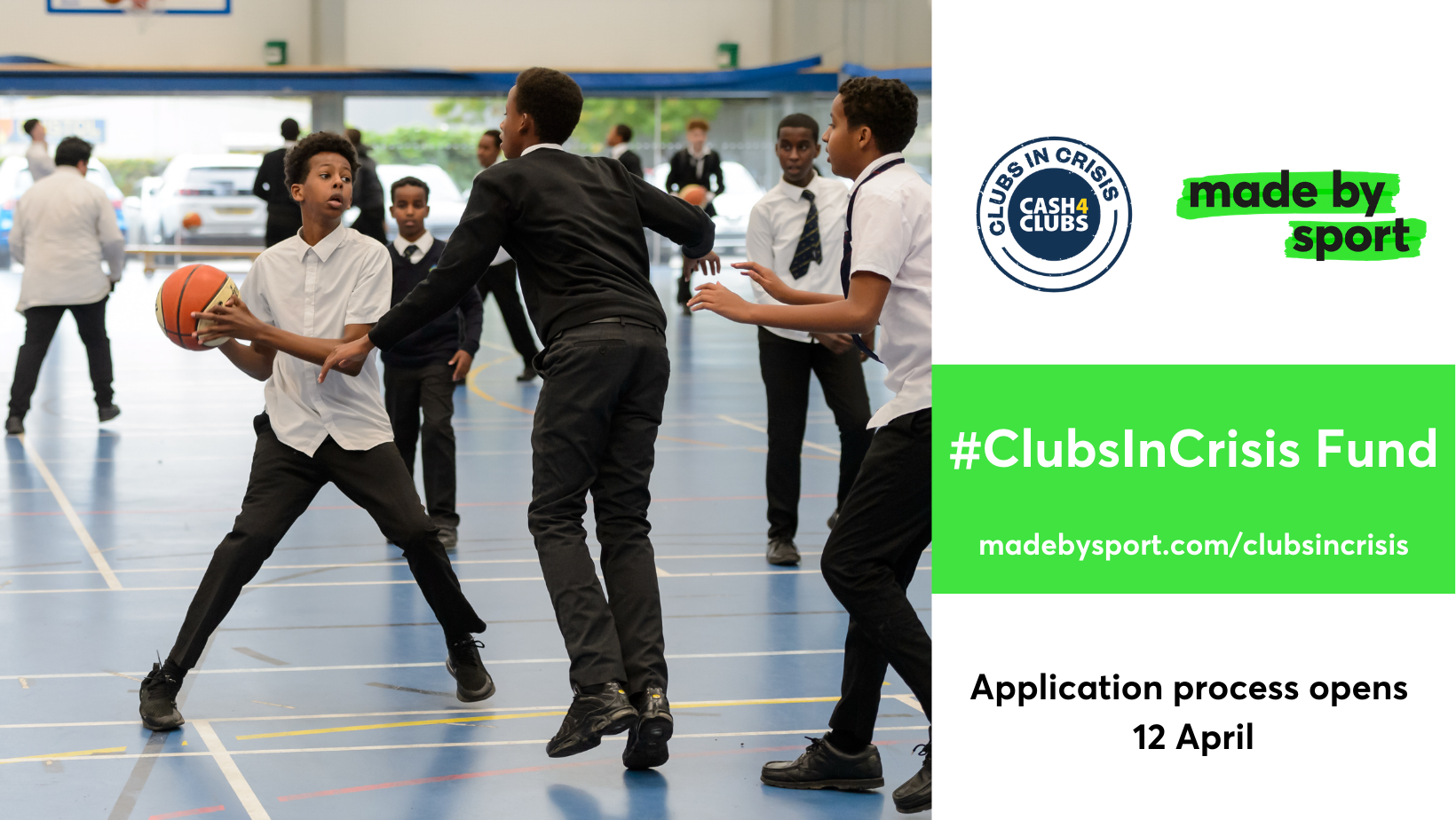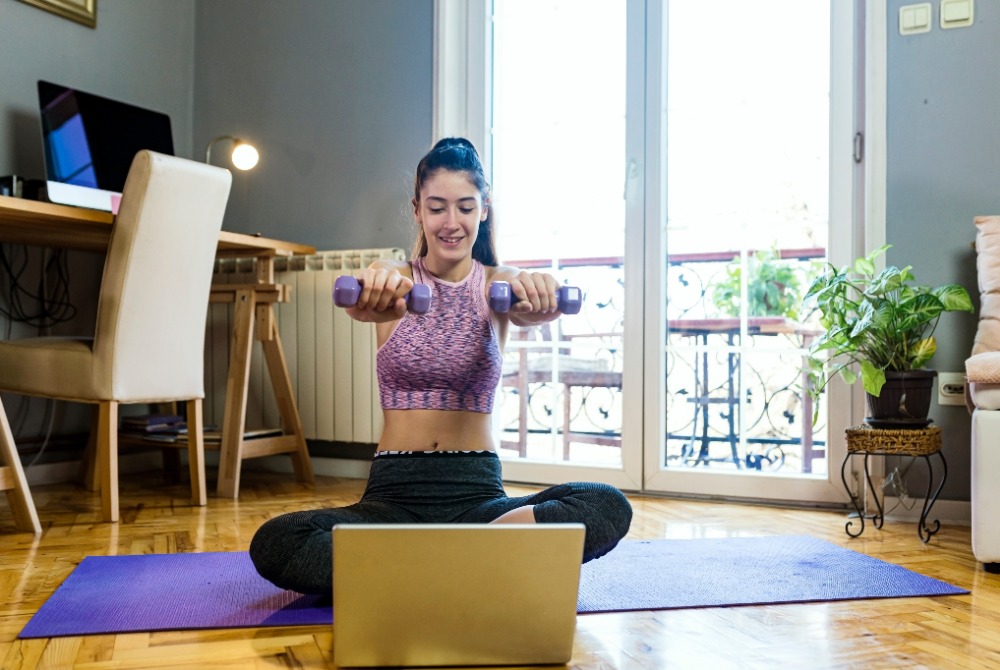
The UK prepares to #ReturnToPlay
April 2, 2021
With lockdown restrictions begining to lift, outdoor grassroots sport has begun a phased return in the UK. Organisations are marking the occasion with a range of campaigns and initiatives to educate on the benefits of physical actvity and to welcome back grassroots sport in ways that support and encourage more people to take part.
Sport England launched a new #ReturnToPlay campaign to inspire people across the nation to get active and back to playing sport. Along with sports marketing agency, Cake, it released a series of films to ‘remind people why they are passionate about their sport’ and emphasise sport's emotional and physical benefits.
The first, 'Return to Play – We’re ready, when you are', focuses on breaking down the barriers to participation and inspiring people across England to get back to the sport and physical activities they love. This Girl Can UK also shared a version focused on women and girls, encouraging them to "dust off the kit, see those familiar faces and feel the buzz of getting back to outdoor sport".
“After such a tough year, we want everyone to be able to feel the benefits of playing sport and being active and the next few weeks and months are crucial as the nation takes its first steps into recovery,” said Ali Donnelly, Executive Director Digital, Marketing and Communications, Sport England.
Sport England also put together resources to guide sport and physical activity providers on the current rules, the definition of organised outdoor sport and physical activity and on what the next steps in the government's roadmap mean for sport and activity.

Made By Sport, a charity that raises awareness of the power of sport to change lives and funds, announced its new #ClubsInCrisis fund supported by Cash4Clubs. Starting 12 April, it will distribute over £4million of funding directly to grassroots sports clubs and organisations, administered by participating members of the UK Community Foundations.
Unrestricted grants of up to £2021 will be made available to groups who use sport as a vehicle for social good for young people, "allow[ing] them to develop a range of life skills and knowledge that bring a benefit to not only the individual but also to their local community".
In order to be eligible, clubs must provide clear evidence of how they use sport to help young people develop life skills, employment opportunities, reduce crime and anti-social behaviour or tackle mental health issues.
This fund comes at a time when 83% of young people are saying that the pandemic has affected their mental health, reporting issues with sleep and panic attacks during the lockdown. Over half of young people surveyed in the Prince’s Trust Youth Index 2021 stated that their mental health has worsened since the start of the pandemic.
The organisation notes that as the UK begins to plan for a post-pandemic future, community clubs need to play a vital role in the recovery of young people and to break the challenges of mental health through the power of sport.

Women in Sport, a charity that studies sport purely from the perspective of women and girls, recently released research illustrating how Covid-19 has affected the lives of teenage girls and their relationship with sport and physical activity. The Comic Relief-funded study shows that the vast majority of teenage girls place a higher value on exercise and physical activity than they did before, with 82% saying that they will put more effort into being active when restrictions are lifted.
Meanwhile, 55% said that being active made them happier, and 54% reported that they felt less stress after exercise. However, the charity’s study also reflected that 51% of girls were concerned about losing their fitness, with 45% also worried that they would find it difficult returning to sport after the pandemic.
Taking everything into account, the organisation issued three recommendations to ensure that teenage girls receive guidance and support as they navigate their way back to activity:
1. More opportunities to be provided both in and out of school for girls to take part in sport and physical activity that meets their needs
2. Action by local authorities to ensure outdoor spaces are safe and accessible to girls
3. Online exercise offers that meet girls’ needs
“Girls have been denied access to sport and exercise for far too long. The needs of girls are often ignored because when they are unfulfilled, unexpressed, and unhappy it is not necessarily society that bears the cost, but their own mental health. The teenage girls who have experienced the pandemic deserve to benefit from an injection of sporting energy as they emerge, and we’re determined to make sure that can happen,” said Stephanie Hilborne, CEO, Women in Sport.
UK Government guidance for providers on how to participate in grassroots sport and physical activity during COVID restrictions can be found here.